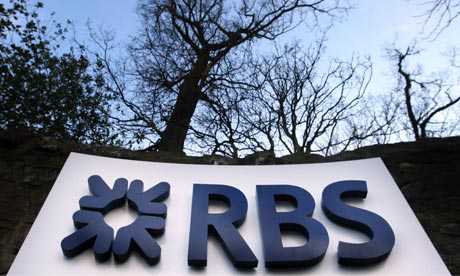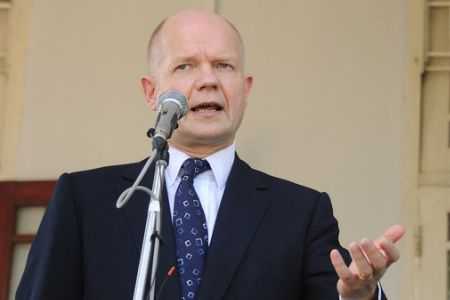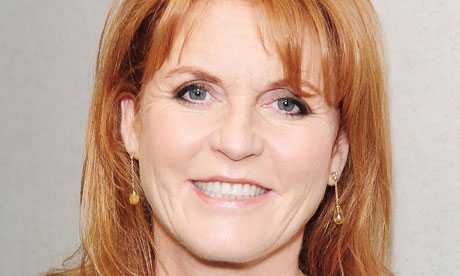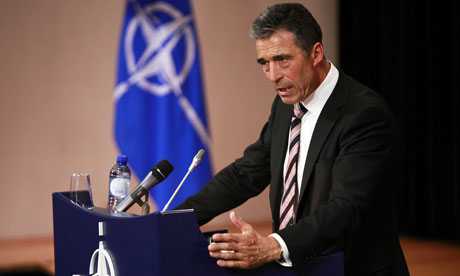The bankers’ pay issue is not just about Stephen Hester’s bonus at RBS. A boycott is a way of tackling the systemic problems
John Harris

Where next for the story of Stephen Hester’s bonus? On Sunday, two papers reported that the now-infamous £963,000 is only a fraction of his treasure-chest. Partly thanks to something called a “long-term incentive plan”, by this time next year he is likely to have been handed another £8m in shares, which will take his rewards since he took charge of RBS in 2008 to not far short of £40m.
But herein lies danger. It suits the imperatives of the news media to have such a huge issue boiled down to the rewards package of one man; it’s also in the interests of the privileged people who own whole swaths of the press and broadcast media to do whatever they can to ensure that such a reductive script is followed to the letter. In that context, note the perfect role played by the RBS chairman, Sir Philip Hampton, now given temporary sainthood for turning down his bonus of £1.4m. His intervention has done its work: the issue is now in danger of becoming about matters of character and choice, rather than anything systemic.
So, what to do? Clearly, the argument about high pay is in danger of turning cacophonous, and thereby meaningless. Canards and dead-ends abound: focusing on RBS threatens to restrict the debate to the morals of state ownership; “transparency” is a crock. Talking about “rewards for failure” nudges the issue away from basic inequality, and even limiting the conversation to the banks lets plenty of companies off the hook (witness Bart Becht, the one-time CEO of the firm that makes Cillit Bang detergent, in 2010 given a cash-and-shares package of £90m).
Moreover, huge amounts are said, and almost still nothing done. Faced with global practices, even the most well-intentioned politicians – Ed Miliband, Vince Cable – can only try and keep the issue on the agenda in the hope that openings will eventually appear for more convincing policy.
But Lest anyone succumb to fatalism, some interesting developments are afoot. The last two years have seen national and local campaigns in the US, encouraging people to move their cash away from big financial institutions and into small banks and local credit unions. A big fillip came with Bank Of America’s decision to charge customers a $5 monthly fee for using their debit cards – which resulted in as many people joining US credit unions in a single month as usually make the switch in a year, and played its part in that bank and others dropping the plan. The campaigns’ focus, of course, is much bigger than that – but the episode proved they were hardly wasting their time.
That there are problems with approach is self-evident: Bank Of America has 58 million customers, whereas the campaigns were cheering about the defection of hundreds of thousands. But, in the form of the Move Your Money project and the US Move Our Money, they are still there. The former builds it activities around the recognition that “little has changed to prevent another financial crisis or to end ‘too big to fail’”, and wants to encourage people “to take power into their own hands by voting with their dollars and no longer contributing to a financial system that has led our country astray”. The latter claims it has so far deprived big banks of around $57m dollars.
But more important than any figures is what these protests represent: a focus for outrage, as networked and agile as modern protest demands, that can keep the issues simmering away.
This week, a British version launches, with the support of such unions as the GMB and Unite and the comparatively saintly Co-operative Group, along with some of the people involved in UK Uncut. They presumably know that the importance of high-street banking is dwarfed by the clout of the banks’ investment wings, but that doesn’t necessarily detract from the damage to their brands that can be wrought by such targeted protest.
Cynics will scoff and claim the politics of boycotts can be just as distracting as the non-debates embraced by politicians and the press, reducible to the salving of consciences rather than any actual change. But with what is left of Occupy currently quiet and introspective, and the Hester case proving that spasms of righteousness are no substitute for the politics of the long haul, this latest move offers something very welcome: at least one means by which the arguments about the obscenities of inequality can be kept in roughly the right place.
www.guardian.co.uk, 29 January 2012





